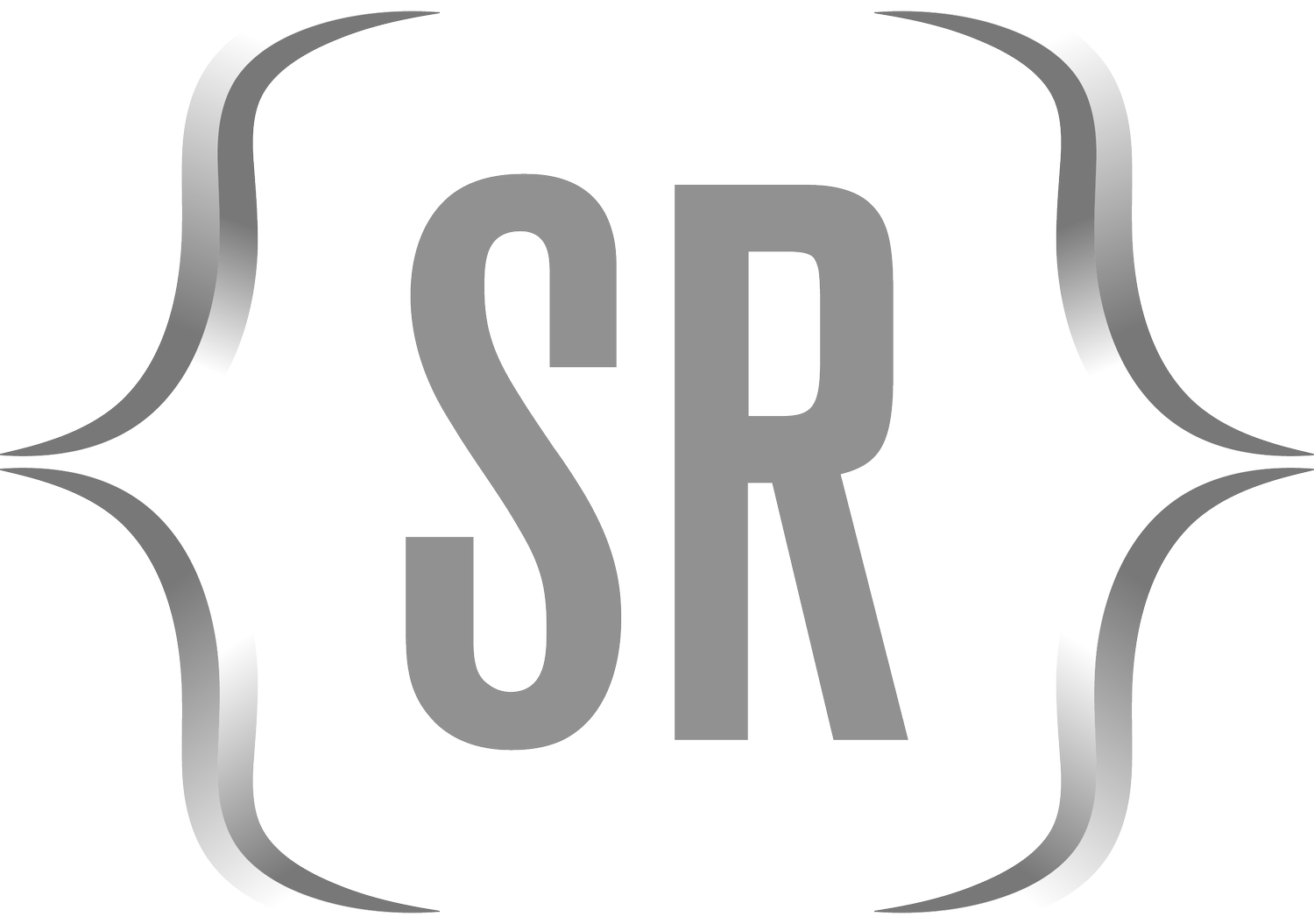The “apply” Function in R
Package: Base R (no specific package required)
Purpose: Applies a function to the rows or columns of a matrix, or the margins of an array.
General Class: Data Manipulation
Required Argument(s):
X: A matrix or array.
MARGIN: A vector indicating which margins should be retained after applying the function.
FUN: The function to apply.
Notable Optional Arguments:
...: Additional arguments passed to the function specified by FUN.
simplify: Logical; if TRUE, attempts to reduce the result to a simpler form.
USE.NAMES: Logical; if TRUE and X is a named array, the names are used to name the result.
Example:
# Example data for using the apply function
matrix_example <- matrix(1:6, nrow = 2, ncol = 3)
# Apply the sum function to each column of the matrix
result <- apply(matrix_example, MARGIN = 2, FUN = sum)
# Display the result
print(result)In this example, the apply function is used to apply the sum function to each column of the matrix_example. The resulting result vector contains the sums of the columns. The apply function is versatile and can be used to apply a function along the rows or columns of a matrix or the margins of an array.
